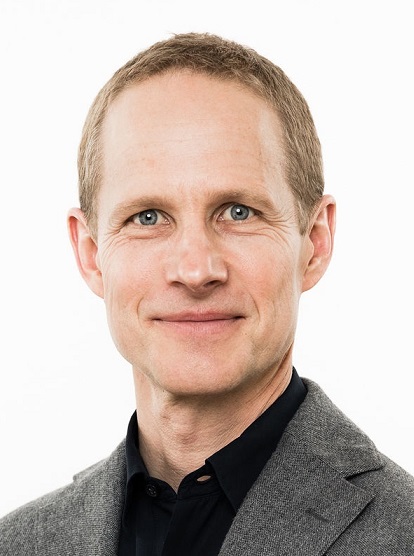What is Germany’s Cleantech Strategy?
In his paper for the Israel Public Policy Institute, Severin Beucker, Senior researcher at Borderstep, presents the current status of the discussion on the topic of cleantech in Germany. He shows how the country has developed in terms of environmental protection and climate technology gives an outlook into the future.
From the 1970s onward, Germany led the way in cleantech and environmental protection. Early German environmental policy focused primarily on pollution control in the areas of water, air, soil, and waste disposal. However, in the 1980s, renewable energy and nuclear phaseout became the focus.
The paper is available free of charge.
The Israel Public Policy Institute (IPPI) is an independent non-profit think and do tank based in Tel Aviv with representations in Berlin and New York. It strives to foster fresh thinking on how to tackle some of the most pressing policy challenges of the 21st century from within an international and interdisciplinary perspective.
